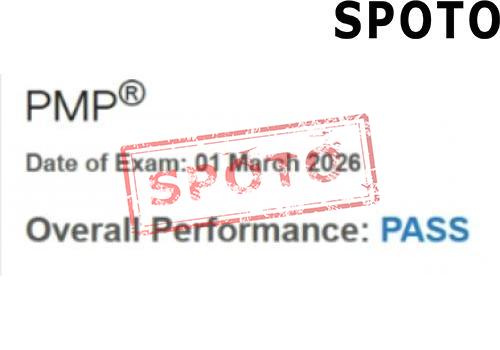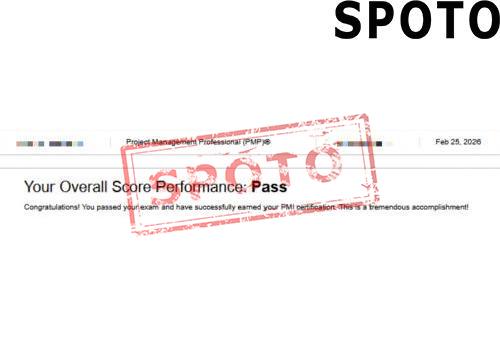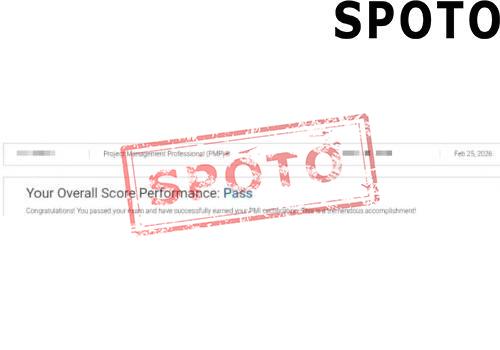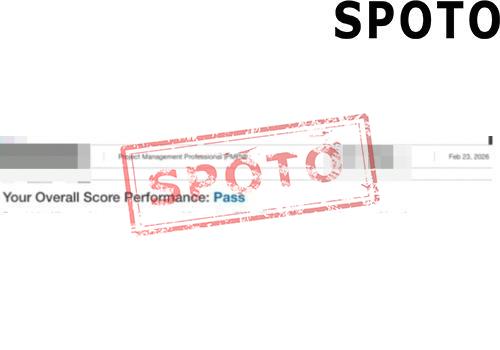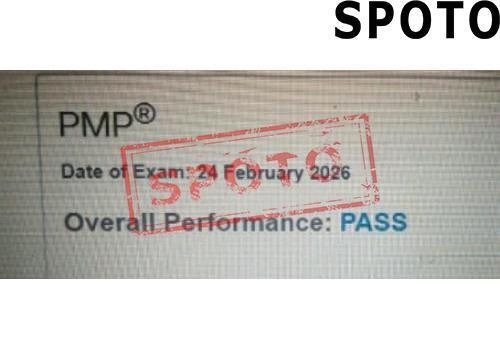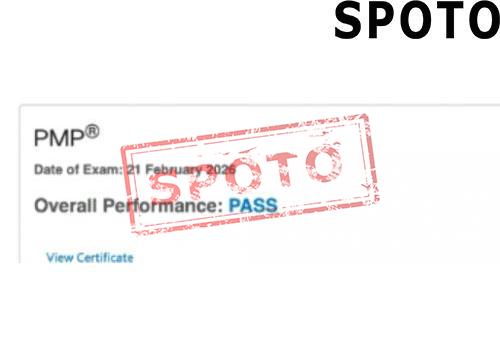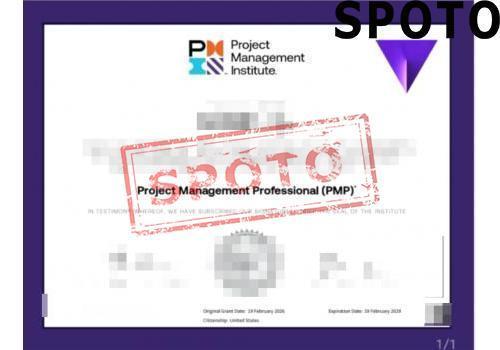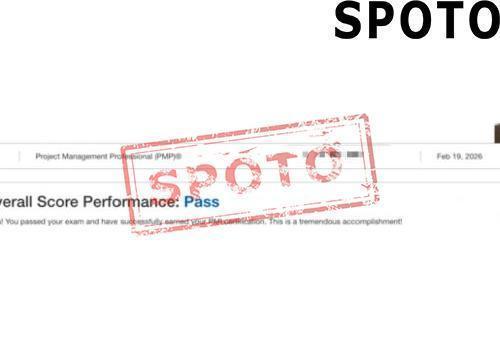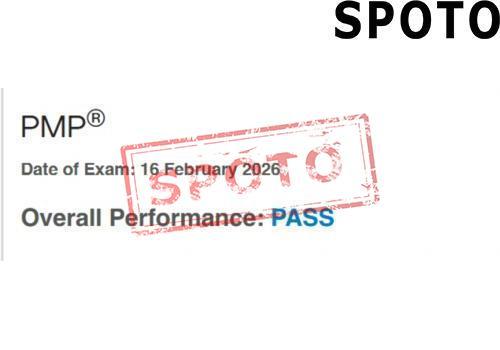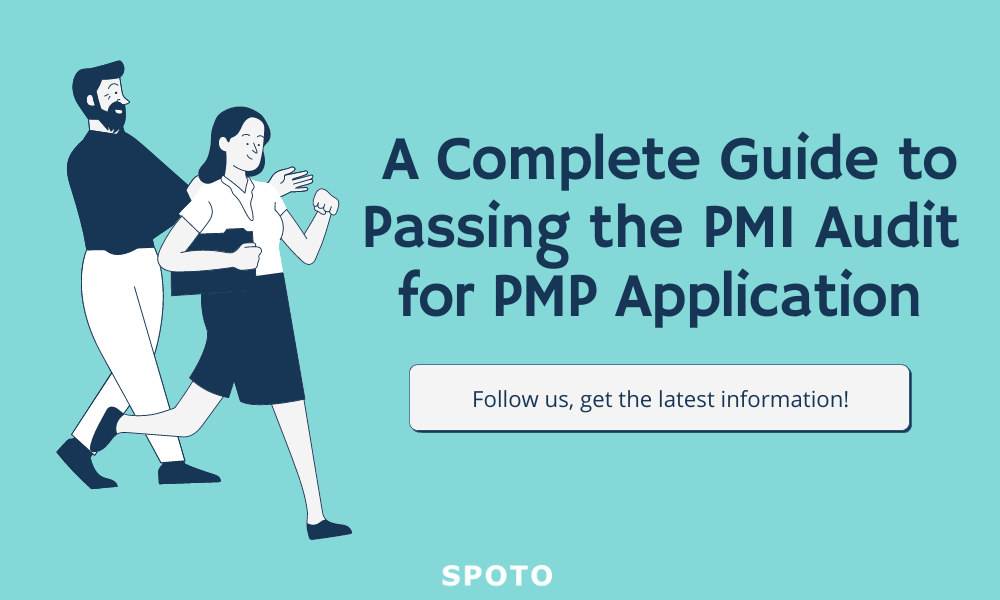
Table of Contents
Tips for a Successful PMP Application Audit
The prospect of a Project Management Institute (PMI) audit can seem daunting to many PMP certification hopefuls. Yet, with astute preparation and thorough documentation, the likelihood of an audit can be significantly diminished, and even if selected, you can navigate it with confidence. Here's how.
Pre-Application Strategy to Lower Audit Risk
Before you even submit your PMP application, there are several steps you can take to decrease the odds of being audited. Firstly, ensure your application is immaculate, with every detail meticulously verified for accuracy. An application filled out with precision is less likely to raise red flags. Additionally, being transparent about your project management experience, and ensuring it aligns closely with PMI's framework, can further reduce your audit risk. Engaging in reputable PMP training programs and including this in your application can also serve as a testament to your commitment and readiness for the certification.
Best Practices for Documentation and Record-Keeping
Documentation is your best ally in the audit process. Start by compiling evidence of your professional experience, including contact information for verifiers who can attest to your project management roles. This can be a mix of colleagues, supervisors, or stakeholders associated with your projects. Equally important is the preservation of educational records; certificates from all completed courses relevant to the PMP criteria should be kept on hand. Should you be selected for an audit, having a comprehensive and organized record will streamline the process, making it less intimidating and more manageable.
Proactive Documentation Strategies
- Detail-Oriented Application Filling: Avoid leaving any sections incomplete and ensure all descriptions accurately reflect your project management experience, adhering to the PMI's terminology and structure.
- Organized Record System: Maintain an orderly system for your documents, categorizing them by educational qualifications, professional experience, and any other supporting materials like project summaries or PMP training certificates.
- Verifier Preparation: Inform your verifiers that they might be contacted by PMI. Providing them with a summary of your projects can help them recall specific details, ensuring their responses align with your application.
Navigating Potential Audit Selection
Even with meticulous preparation, there's always a chance of being selected for an audit. In such an event, approach the process with a positive mindset. Consider it an opportunity to showcase the authenticity and depth of your project management experience. Swiftly gather your documentation, follow PMI's instructions carefully, and submit your materials promptly. Remember, a proactive and organized approach is key to passing the PMI audit with flying colors.
Tips
While the possibility of a PMI audit might seem intimidating, proper preparation and documentation can greatly mitigate this risk. By understanding what the audit entails and adopting best practices for your application and record-keeping, you can not only decrease the likelihood of being audited but also ensure a smooth process if selected. Remember, the goal of the PMI audit is to maintain the integrity and high standards of the PMP certification—embrace it as an opportunity to demonstrate your qualifications and commitment to professional excellence.
Dealing with Audit Rejections
Steps to take if your application is rejected in the audit process
If your PMP application faces rejection during the PMI audit, it's crucial to understand the next steps to rectify the situation. Initially, review the feedback provided by PMI to identify the specific areas of concern. Collaborate with your previous supervisors or educational institutions to gather the necessary documentation or clarification needed to address the issues raised. Once you have compiled the required information, resubmit your application along with the additional documentation for re-evaluation. It's essential to adhere to the guidelines provided by PMI and ensure that your resubmission is complete and accurate to avoid further delays.
How to appeal the decision and reapply for the PMP
In case of a rejected application, you have the option to appeal the decision. Start by contacting PMI to request a detailed explanation of the reasons for rejection. This will help you understand the areas that need improvement. Prepare a comprehensive appeal letter, outlining your arguments and providing additional evidence or documentation to support your case. Submit your appeal following the PMI guidelines. If your appeal is unsuccessful, or you choose not to appeal, you can reapply for the PMP certification after one year. Ensure that your new application addresses the previous concerns and meets all the eligibility criteria to increase your chances of approval.
Case Studies and Success Stories
In this section, we delve into actual experiences of professionals who did not just navigate but triumphed over the PMI audit for PMP application. Their stories provide valuable insights for aspiring PMP candidates undergoing the same process.
Real-life examples of professionals who successfully passed the PMI audit
-
Firstly, let’s look at Jane’s story. Jane, a project manager from Toronto, had been nervous about the PMI audit based on accounts she had heard. She meticulously gathered all necessary documents and made sure to detail every project she managed. Her application was indeed singled out for the audit, but she managed to sail through it without any hitches. Her secret? Keeping an organized record of all her work, ensuring that she could easily provide evidential support for her claims, if asked.
-
Then there's Michael, a senior IT specialist from Melbourne. He had his application selected for audit despite being entirely unprepared. However, he rose to the occasion, gathered necessary documents from his present and past employers, and passed the audit. His reinforcement for success was his determination and the assistance he sought from various stakeholder – a clear sign that you are never alone in this process, and asking for help makes a significant difference.
Key takeaways and lessons learned from their experiences
From these experiences, some critical lessons can be distilled:
- Preparedness: Always be ready for the audit, whether your application is selected or not. Preparation gives you confidence and lessens the consequent stress of undergoing an audit.
- Record-keeping: As demonstrated by Jane, good record-keeping comes in handy. Keep track of all your projects, the timelines, and milestones. Such documentation is a lifesaver during the audit process.
- Seek Assistance: From Michael's experience, it's clear that you shouldn't hesitate to ask for help if you are uncertain about any aspect of the process. This help could come from colleagues, superiors, or even from online resources and forums.
Remember, PMI doesnt aim to trap you with the audit, but it’s inherent in the certification process to verify and ensure quality. Approach it the same way you would any project- with preparation, diligence, and clarity, and you'll crack it like our real-life heroes Jane and Michael.
